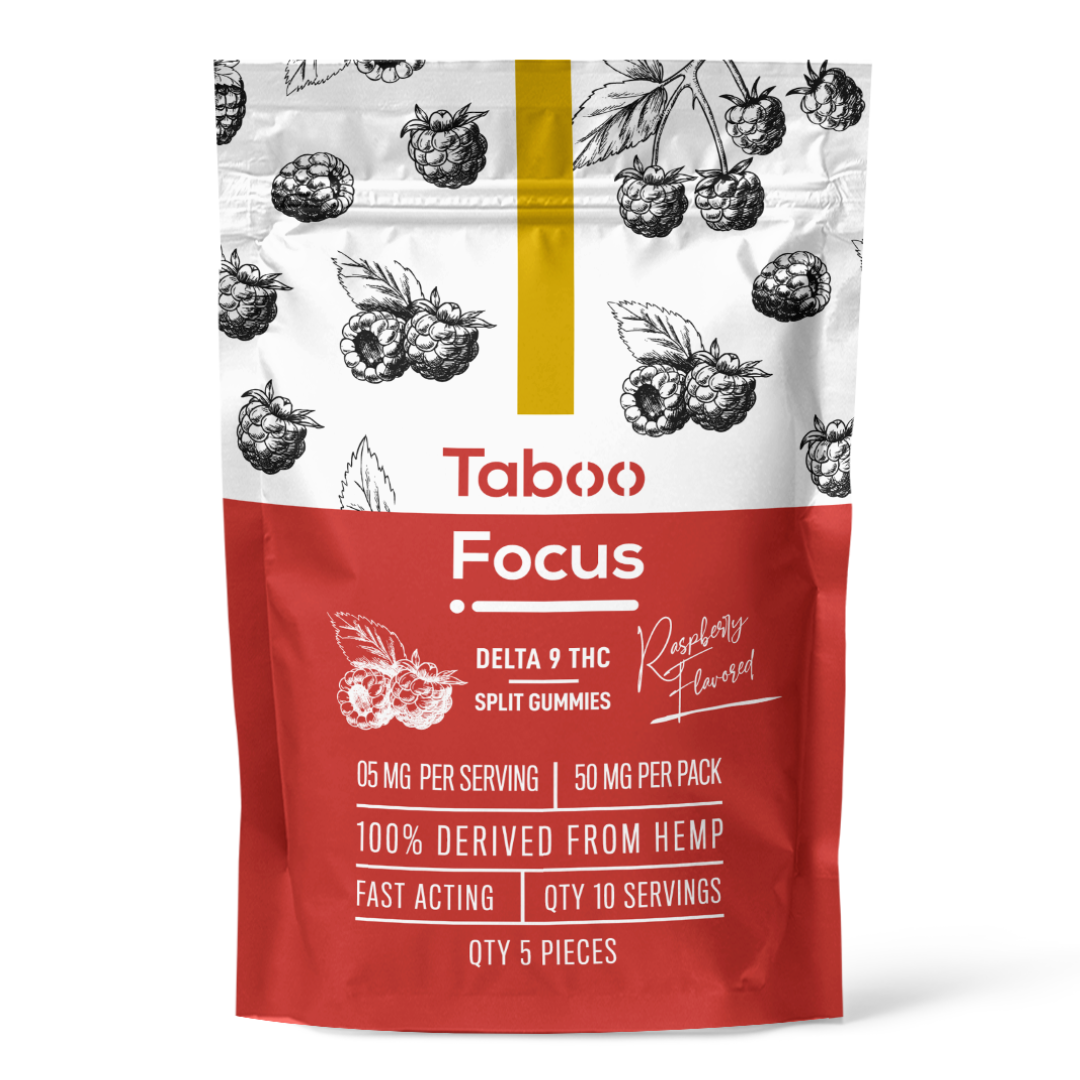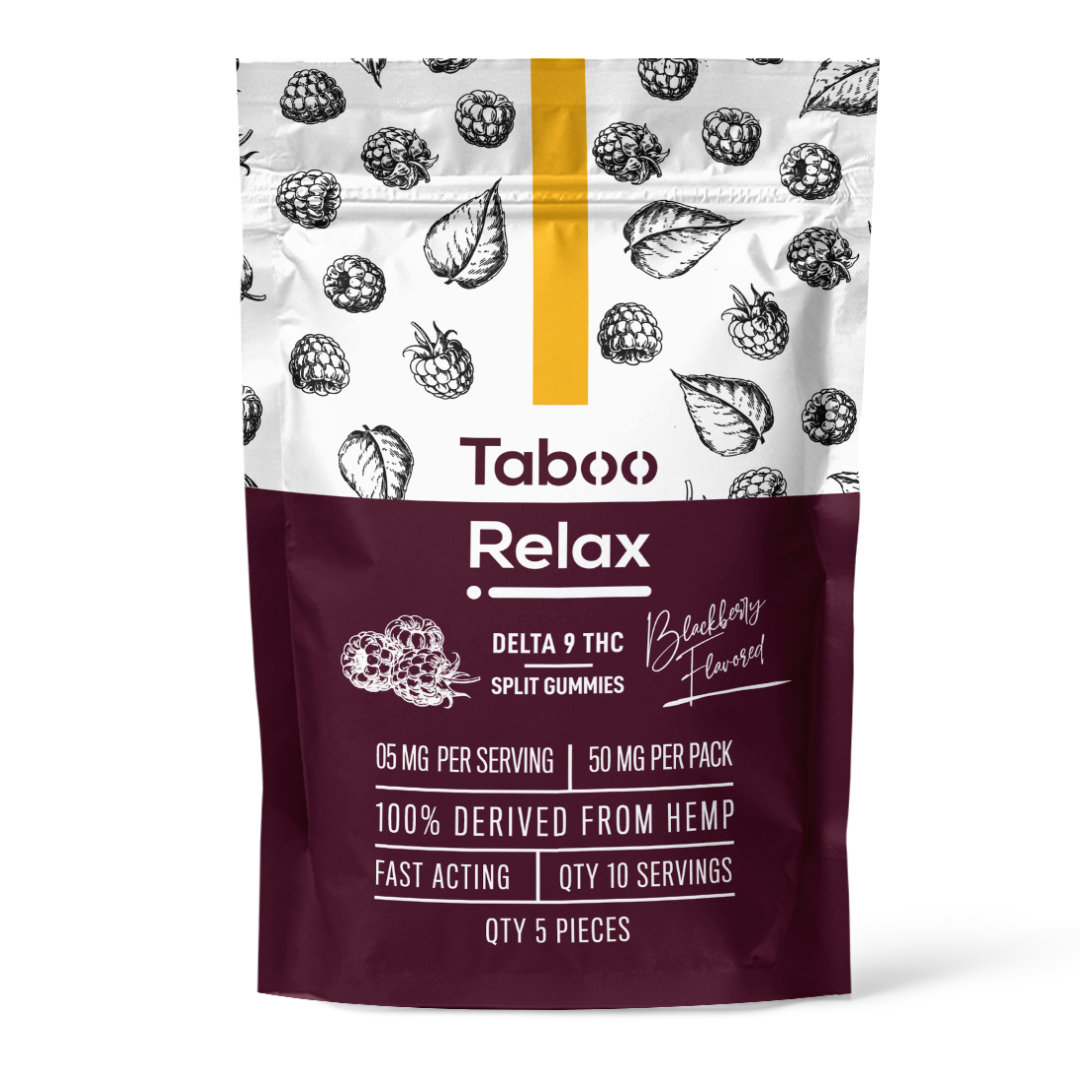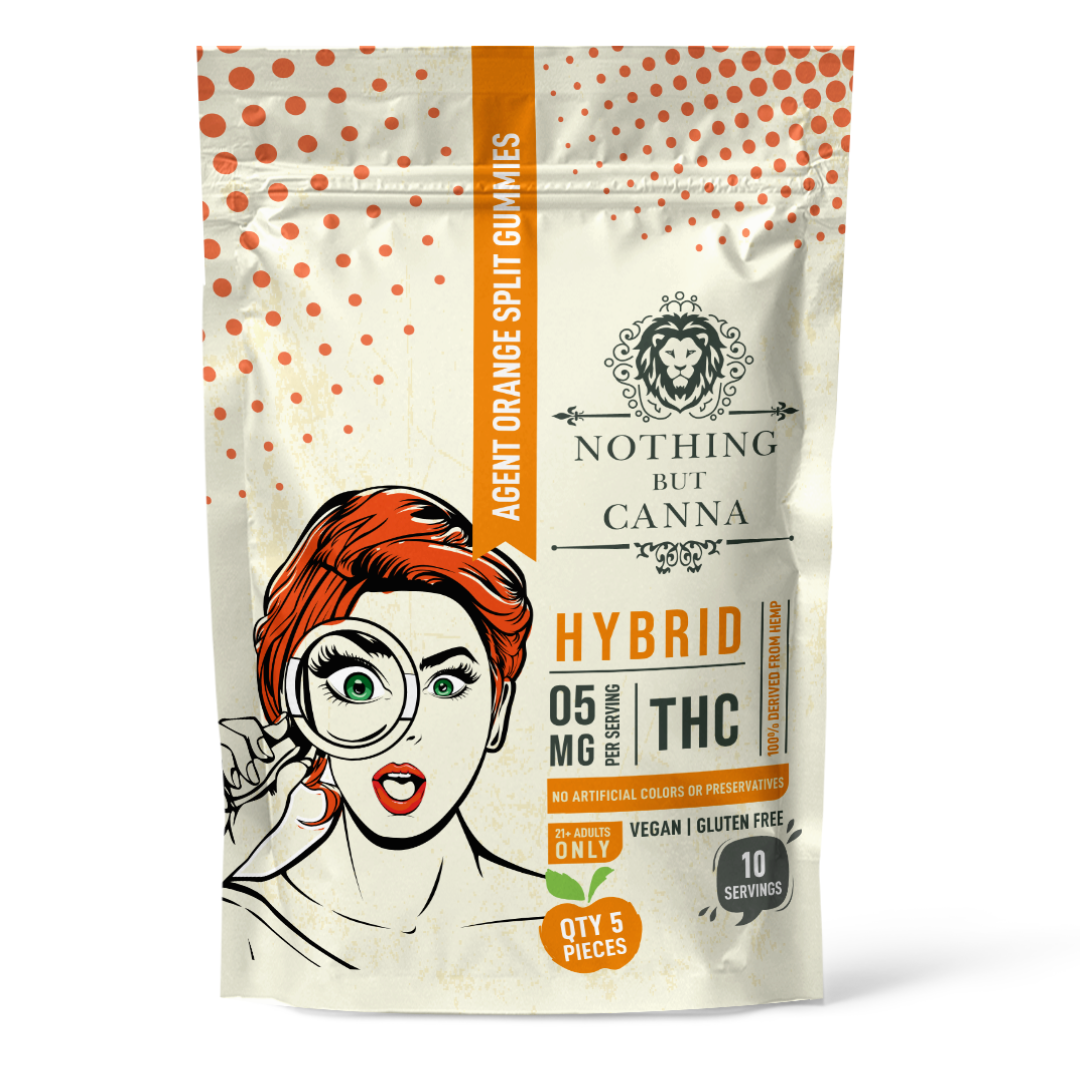A Minnesota attorney helps educate listeners of Minnesota Public Radio on the facts about adjusting THC edibles law in the state.

In a recent interview with MPR News (starting at the 30 min. mark), Susan Burns, an attorney representing clients in the Minnesota cannabis industry, sat down with Cathy Wurzer to discuss the new law enacted this past July legalizing the sale of food and beverages containing small amounts of hemp-derived THC.
The law allows Minnesotans to purchase edible food and beverage products containing up to 5 mg of hemp-derived THC per serving and a limit of 50 mg per package. THC (Tetrahydrocannabinol) is the psychoactive element associated with creating the "high" from cannabis.
Much confusion and misinformation are swirling around the actual scientific facts concerning marijuana and THC. It took the Farm Bill of 2018 and a Minnesota Court of Appeals case (State v. Loveless) to prompt the enactment of the new statute.
In 2018, Congress removed hemp from the Controlled Substances Act, clearing the way for farmers to cultivate industrial hemp, which has many applications, including creating eco-friendly construction products and safer biodegradable plastics. However, hemp can also be manipulated to create THC products for human consumption. Under the act, any part of the plant producing less than 0.3% THC is considered "hemp" and is now legal.
At that point, it became legal to sell hemp-derived THC products (0.3% or less THC) in the state. Marijuana (cannabis) is still illegal to consume recreationally in Minnesota, even though a medical marijuana program was established following legislation passed in 2014.
In State v. Loveless (Sept. 2021), according to Burns, "That was a criminal case at the district court level. The court convicted him of violating the marijuana Controlled Substances Act in Minnesota. He had leafy green material or what we would call a 'hemp' or 'marijuana plant,' a cannabis plant. And he also had vape cartridges. In its decision, the district court found him guilty of both of those because the products were tested by the BCA and were found to have THC."
"That was a criminal case at the district court level. The court convicted him of violating the marijuana Controlled Substances Act in Minnesota. He had leafy green material or what we would call a 'hemp' or 'marijuana plant,' a cannabis plant. And he also had vape cartridges. In its decision, the district court found him guilty of both of those because the products were tested by the BCA and were found to have THC."
- Susan Burns, MN Cannabis Attorney
On appeal, his defense team argued that since the plants were only tested for THC and not the exact amount, he could not be convicted on those counts because the Farm Bill of 2018 had legalized any plant containing less than 0.3% THC. Moving forward, the court ruled that the amount of THC contained in any leafy plant must be determined to render it a crime. This judgment spurred a tremendous amount of debate and concern in the burgeoning Minnesota cannabis industry and among consumers. No one wanted to go to jail.
To clarify what is legal to sell and consume in Minnesota, lawmakers at the State House constructed this amendment to the overall omnibus health bill to stipulate the exact type and quantity of food and beverage products containing hemp-derived THC legal to sell in the state.
According to Burns, the passage of the law is a very positive step for cannabis businesses and consumers. As she shares, "And when this statute was first amended and became effective, I was delighted because the main thing it did was (consumer protection). Products were being sold at much higher dosages before. (Moreover), now, it's required that there is a cap on the number of milligrams that you can sell, 5 milligrams, 50 (mg) in a pack. The item that's really great about this statute is that it specifically allows hemp-derived cannabinoids in beverages and edibles."
However, because of the confusion and fear generated by legalizing anything with the letters "T-H-C" in it, certain municipalities have begun erecting roadblocks to selling any THC products, hemp-derived or otherwise. Several cities, including Richfield, Mounds, Hastings, Nisswa, Shakopee, Marshall and Plymouth, have enacted temporary moratoriums blocking the sale of legal hemp-derived THC products within their boundaries.
As Burns describes, "They are a little bit afraid of it. So there has been some knee-jerk, in my opinion, reactions. And a lot of cities are issuing moratoriums. And then one city in particular that I am aware of said that if you violate this ordinance, it is a misdemeanor."
"They are a little bit afraid of it. So there has been some knee-jerk, in my opinion, reactions. And a lot of cities are issuing moratoriums. And then one city in particular that I am aware of said that if you violate this ordinance, it is a misdemeanor."
- Susan Burns, MN Cannabis Attorney
Politicians are seeking to buy time (roughly six months to a year) to "fully understand" whether or not these legal products could provide harm to their communities. However, these attempts at safeguarding citizens only inhibit economic opportunities for local businesses and reduce the amount of potential tax revenue. If someone in Richfield wants to buy a THC edible, they can just get in their car and drive to a city where these moratoriums do not prohibit them.
Steven Brown, CEO of MN dispensary Nothing But Hemp, furthers this sentiment by saying, "Hemp is a federally legal product. Cities should not have the right to choose if businesses can sell agricultural products like hemp. Times are changing, and hemp is changing people's lives."
"Hemp is a federally legal product. Cities should not have the right to choose if businesses can sell agricultural products like hemp. Times are changing, and hemp is changing people's lives."
- Steven Brown, CEO of Nothing But Hemp
While the confusion and fear have led to some impulsive decisions on the part of local leaders, Burns does feel optimistic about the future of hemp and marijuana in Gopher Country. She concludes by saying, "I think in spite of all these problems and uncertainty on some things that we have to work out… we have just a beautifully blossoming industry in the state of Minnesota around this, and it provides a lot of good for people. And so I think it will continue to grow. I do not think there is any question about that."
"I think in spite of all these problems and uncertainty on some things that we have to work out… we have just a beautifully blossoming industry in the state of Minnesota around this, and it provides a lot of good for people. And so I think it will continue to grow. I do not think there is any question about that."
- Susan Burns, MN Cannabis Attorney
There is definitely more work left to achieve, and to add even more positive vibes to the conversation this past Election Day, Democrats took control of both the House and the Senate in Minnesota for the first time in 8 years. With a pro-cannabis governor leading the charge for full legalization in 2023, these temporary speed bumps via local moratoriums may be that - temporary.
In the meantime, please understand the law and your rights about all things hemp, marijuana and THC. And for those interested in joining the cannabis industry, be sure to get sound legal advice from experts like Susan Burns. Without it, the consequences could be unpleasant.























